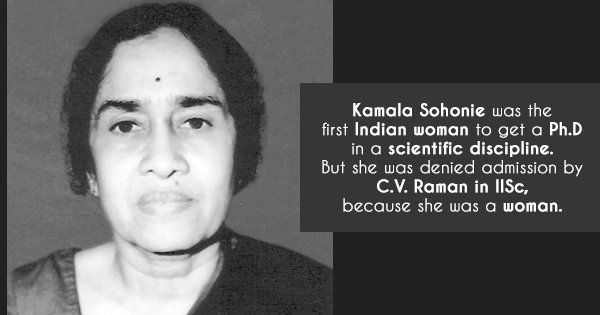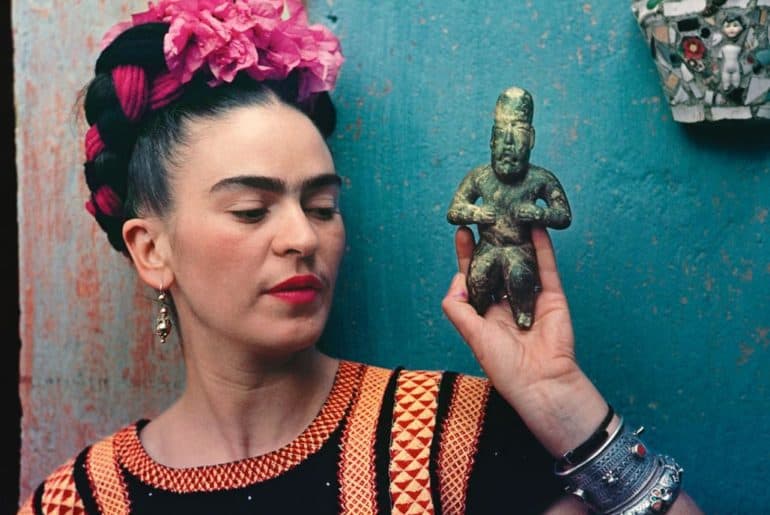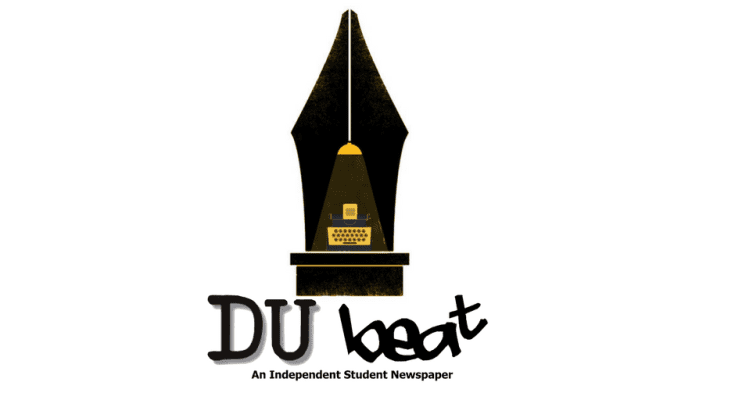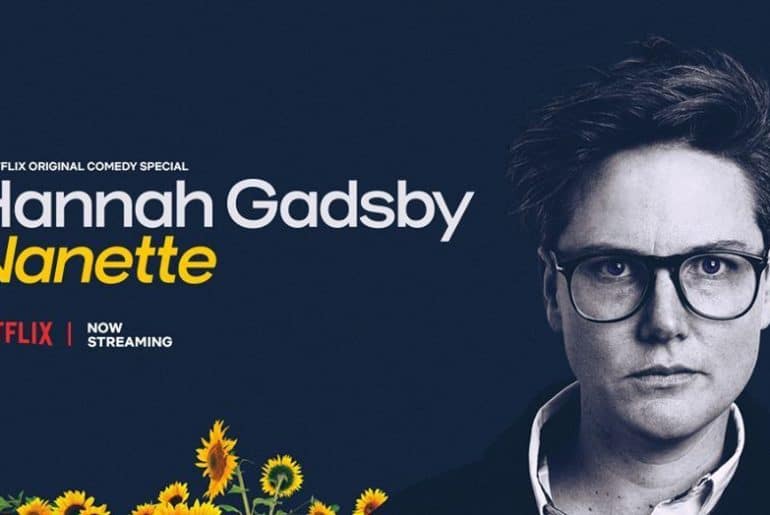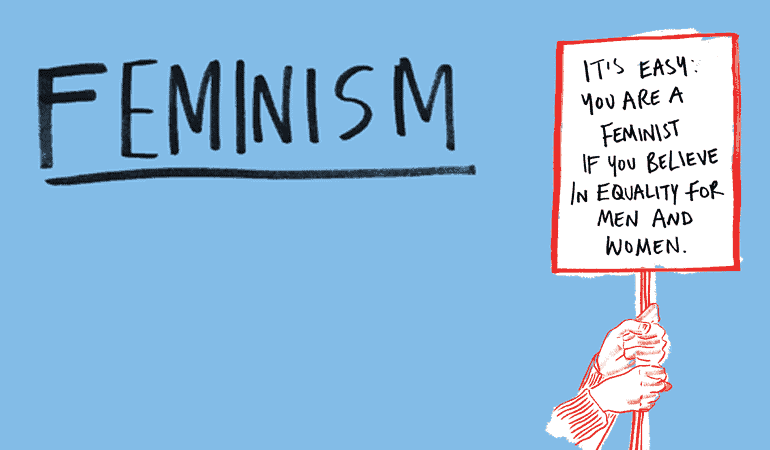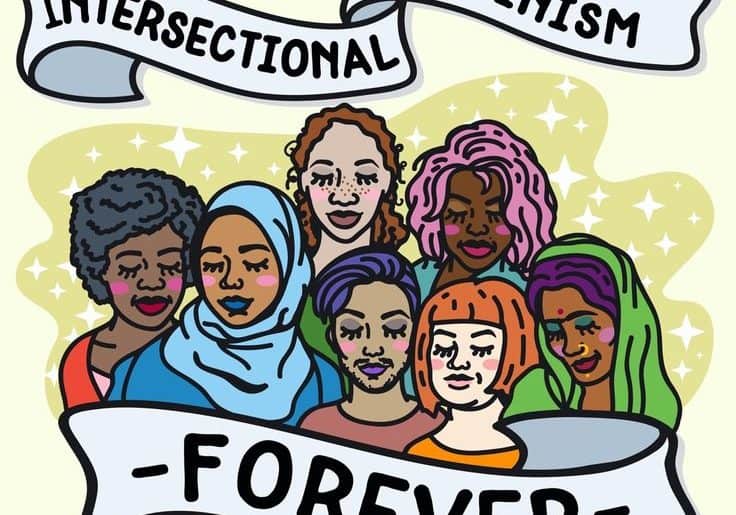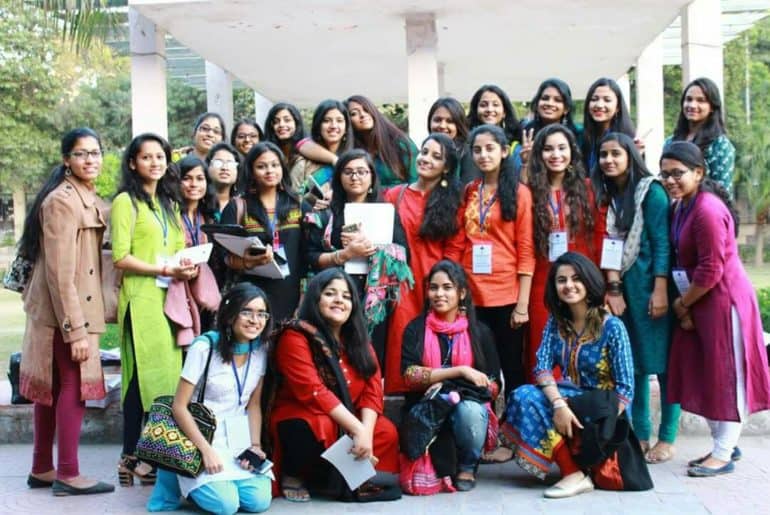Women across India marched together to claim their constitutional rights as the citizens of a
democratic republic.
On 4th April 2019, women across all ages, religions and social classes came together to voice their collective dissent against the current government and their propagation of a politics of violence and hatred. The march began at Mandi House and was carried on till Jantar Mantar. The march was a part of a larger movement in India titled ‘Women March for Change’.
The movement represents the outrage that women and other marginalized communities have been facing since the last five years and their attempts to cement their position as equal stakeholders of democracy and the political process.The march was followed by a program which included speeches and performances of various groups and collectives across Delhi-NCR. There were student feminist groups, tribal right activists, gender rights activists, dalit feminists groups, female farmer groups to name a few. This revolutionary march witnessed diversity of voices and was a big milestone for the Indian feminist movement and the Indian social justice movement. The call for solidarity stated, “For the last five years, women of India have watched with growing anger as our struggles for equality have been dented and our hard-won freedoms undermined. We have watched misogyny, hate and lies being spread across the land. Today, on the eve of 2019 Lok Sabha elections, we say no more.”
Prominent student groups present in the march were members of Pinjra Tod, Women Development Cells of Lady Shri Ram College, Indraprastha College and Miranda House. When asked about their personal motivations for attending the march, students spoke about a range of issues referring to the political climate of the day. “There is a constant invisibalization of women’s struggles, politicians include us in their policies, Rahul Gandhi says the Womens’ Reservation Bill will be passed, but it only a tokenistic gesture. It’s high time for us to claim public spaces,” said Deeksha, a second-year student from Delhi College of Arts and Commerce. Some also spoke of their personal struggles and sought to join the fight against the patriarchal structure, “We don’t have any freedom, even today my father tells me what not to wear, where to not go and so on. We need to get over this mindset,” said a student from Lady Shri Ram College.
Students also expressed concerns about the representation of women in politics, both in policy decisions and at important positions in the country. A student pointed out that even with three female cabinet ministers, important press conferences and announcements are always done by the male members of the cabinet citing the example of Shri. Arun Jaitley addressing the crowd after Balakot strike. “It’s disheartening to see women in politics only being referred to as somebody’s amma (mother), beti (daughter) or behen (sister). In my constituency, a female candidate was contesting for the assembly seat but the posters had pictures of her husband,” another complained.
A major concern for all the students was the condition of minorities under the current government. Most felt that although it was predominantly a women’s march, it stood for equality. It sought to dismantle a system that has been controlled by a specific section of the population whose policies and ideas made it dangerous for minorities to live in the country. Jaya Sharma, who works for a non- profit fighting for the rights of adivasi women said, “It’s extremely scary for all of us, I’m an upper caste, upper class Hindu woman and even for me the implications are scary. We cannot even begin to imagine the extent of fear that minorities feel. If there is anything we can do to stop them from coming to power again, we should do it.”
Although it was a big milestone for the feminist movement, it was very rare to see this scale of intersectionality in representation. A lot of students agreed to the fact that because of the social class they belonged to and the universities they attended, their feminism was not necessarily inclusive enough. “That is why it’s important to come to spaces like these where you get to see the larger picture. The correct way to participate is to be conscious of the things you are saying, conscious of music you are listening to, to be aware on a day to day basis, to reflect on your mistakes and apologize. I think it’s a process,” said Sharon from Jesus and Mary College when asked about how she ensures inclusivity in her feminism. Amala from O.P Jindal Global University added, “I try to constantly read other voices from communities who don’t necessarily occupy a big place in society and therefore try to take myself out of the echo- chamber and try to encourage other people to do that as well. Obviously our university spaces are very elite and privileged, but we have to ensure that we’re exposed to other voices as well.”
The march and in extension, the movement is being carried out with the hope of carving out a distinct and powerful voice in the political scenario. “I would like to be heard. This is more of a pre-election forum for women to voice their struggles and to make it known to people that they are a force in the country “ said a student when asked what she hoped would be the outcome of the march. ‘Save our Constitution’, was what the biggest banner in the march said and it was reflective of the palpable fear that all the participants held. The actions of the current government has attacked the core values of our constitution that it had affected every single community that lived in the country.
Feature Image Credits: Pragati Thapa for DU Beat.
Pragati Thapa

